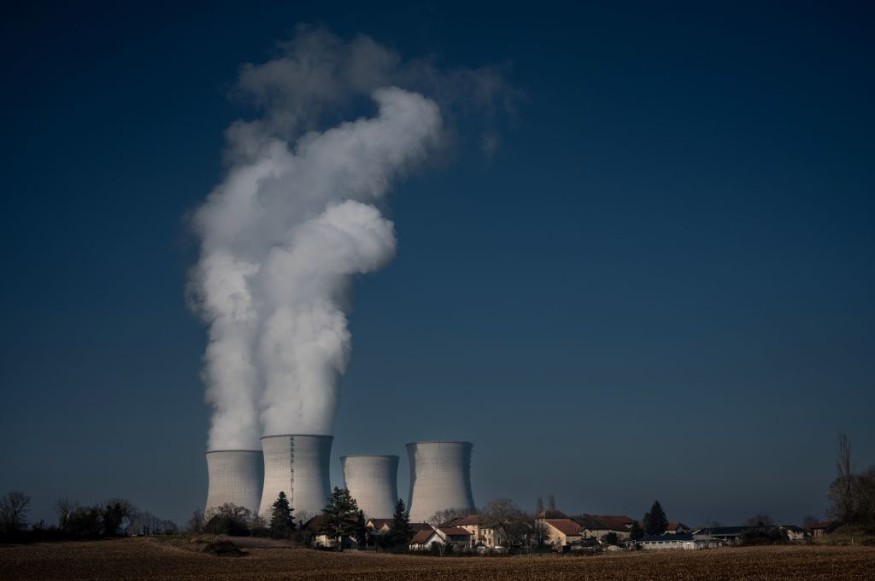Currently, gaps in wind and solar power generation are often being replaced by power generation from natural gas. In a zero-emission electrical system, a different way of delivering electricity is needed when renewable energies are not generating electricity.
Nuclear energy is the nucleus of an atom or the energy of a nucleus. Atoms are small entities that make up all matter in the universe, and energy holds the core together. Nuclei with dense atoms have enormous amounts of energy. The power to bring the core together is officially called the "strong force."
Nuclear power can be used to generate electricity, but it must first be emitted from the atom. In nuclear fission, atoms split and release this energy.
Renewable energy makes fewer carbon emissions
Human activity releases carbon pollution into the atmosphere, affecting the global carbon cycle, causing global warming, and changing precipitation patterns.
The Intergovernmental Panel on Climate Change said that to minimize the effects of catastrophic climate, humanity should keep global average temperatures below 1.5 degrees Celsius compared to pre-industrial levels.
To reach that goal, the panel said carbon emissions from the entire energy system would need to be zero by the middle of the century.
As per E&T News, lead researcher Lei Duan from the Carnegie Institution for Science said that "Renewable energy sources like wind and solar are great for reducing carbon emissions, However, the wind and Sun have natural variation in their availability from day to day, as well as across geographic regions, and this creates complications for total emissions reduction."
Previous research has proven that curtailing 80 percent of carbon emissions may be executed through ramping up wind and sun strength harvesting installations. However, gaps among supply and demand created through this variability in herbal assets could require vast infrastructure changes big expansions in strength garage and transmission capabilities, in addition to in strength producing infrastructure so as reap a hundred percentage curtailment, per ScienceDaily.
Will nuclear be the new renewable energy?

To evaluate the feasibility of using nuclear power to meet these needs, Duane and Caldeira, together with Robert Petroski of TerraPower LLC and Lowell Wood of Gates Ventures LLC, surveyed wind and solar resources in 42 countries and used this information to use evaluated.
The ability to provide cheap energy and replace natural gas as a backup energy source. Their analysis focused on determining which countries are most likely to benefit from exploring nuclear power as an option to the energy mix.
Lei Duan concluded that reliable power production provided by nuclear power has a lot of possible value in the electricity grid for most nations under strict greenhouse gas emission controls,
"Places with poor wind resources can benefit from nuclear earlier in the path to zero emissions, whereas places with very good wind resources would only need it to get rid of the last traces of carbon emissions." He added as per E&T News
© 2025 NatureWorldNews.com All rights reserved. Do not reproduce without permission.





